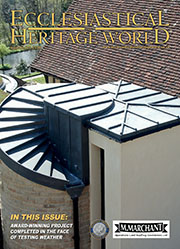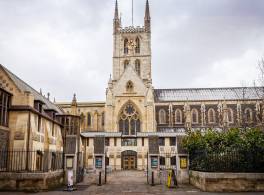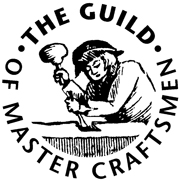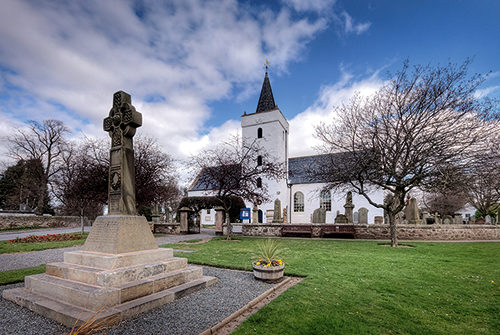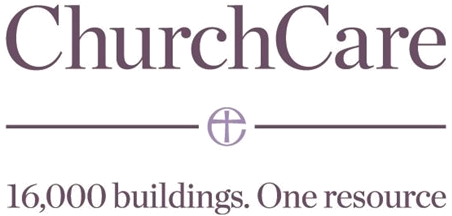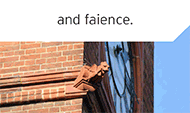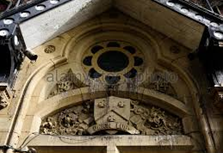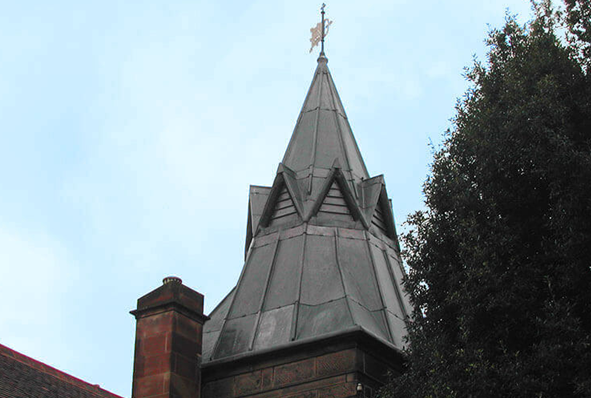Heritage Roofing
Heritage roofing - maintaining our iconic buildings
The UK is home to some of the most iconic buildings in the world, from stunning churches and cathedrals to historic stately homes. Each and every one of these remarkable feats of architecture requires regular maintenance to ensure they remain in the very best condition, allowing them to be enjoyed for generations.
Cathedral Care
Restoration and upkeep of cathedrals
There are some 42 Anglican cathedrals in the UK, not to mention 20 or so Catholic cathedrals. Cathedrals form the most important collection of historic buildings in England. The largest and most ancient are internationally famous, the smallest are usually among the most significant buildings in their region and even the most recent are architectural masterpieces.
Master Craftsmen
Championing our heritage with modern craftsmanship
Twenty years ago, English Heritage (now Historic England) published its first-ever Register of Buildings at Risk across England, which featured nearly 2,000 buildings and monuments that were ‘neglected, broken and unloved’. Recently Historic England was delighted to announce that over two-thirds of those buildings were now safe, in both urban and rural areas right across the country.
Lightning Protection
When lightning strikes are you protected against this act of God?
The issue of lightning protection in churches is one that has exercised this publication for many years. In this four-part series of spotlights on the issue we will be revisiting various aspects of the subject, beginning with an overview of current thinking.
Traditional Lime
Lime: it’s better for buildings – and for the environment
It is now fairly well known that cement is not good for old buildings and that lime mortar should be used. But why? What are the advantages and what are the disadvantages? In order to begin to answer those questions it is necessary to understand the nature of traditional building, the process by which buildings used to be built, and how it differs from modern construction, the process by which we build today.
Audio Visual
Audio visual equipment in church buildings
This guidance is issued by the Church Buildings Council under section 55(1)(d) of the Dioceses, Mission and Pastoral Measure 2007. As it is statutory guidance, it must be considered with great care. The standards of good practice set out in the guidance should not be departed from unless the departure is justified by reasons that are spelled out clearly, logically and convincingly.
Read More...
CRE Events
All change at CRE: the UK’s ‘ideal church show’
The Christian Resources Exhibition (CRE), the UK’s largest church-related show, has changed hands in its 40th year and has been taken over by Quartz Business Media.
Insurance
You need to ensure that reasonable precautions are in place at your church to keep it safe for those who use it. To do this, you need to think about what might cause harm to people.
You will then need to decide if the precautions already in place are adequate. If they are not, you may need to identify further action to prevent any danger. When done formally, this is known as a risk assessment.
LPOW Grants
£23 million government package to support restoration of thousands of listed places of worship
Heritage Minister Sir Chris Bryant has announced that the Listed Places of Worship Grant Scheme will be extended into the next financial year, providing £23 million so that thousands of historical buildings, including churches, synagogues, mosques and temples, can carry out restoration work.
Church Maintenance
Church maintenance and repair: Calendar of Care
Just as prevention is always better than cure, maintenance is preferable to major repairs. But, such repairs may not always be avoidable. Church Care offers a monthly guide in our coming issues Starting in Spring
We can help you understand the common problems and areas that need your special attention, and give you tips for regular maintenance schemes.
Pest Control
Michael Palin warns of pest threat to churches
Michael Palin is supporting the future of the UK’s historic churches and chapels with a voiceover for a new animated film. The 80 second animation, produced for the National Churches Trust, highlights why churches are some of the nation’s best loved buildings.
Town Halls
The history of the great Victorian Town Halls of Northern England
From industrial squalor to civic pride, the story behind some of the most impressive buildings of the North involve a unique mix of economics, grand designs and noble sentiments within communities.
Lead Roofing
Lead is one of the oldest materials in the roofing industry and is still commonly used throughout the world today.
Lead roofing is a traditional roofing method which has been used in the industry for hundreds of years, and is therefore proven to be extremely reliable. Lead roofing, and sand-cast lead, in particular is ideal for old buildings such as churches or historical renovations, whereas milled lead roofing is a mass-produced alternative, used for precision and accuracy in homes and commercial buildings alike.
SEARCH OUR DIRECTORY
Urgent call for more Craftspeople and Built Heritage Sector professionals to apply for CSCS Cards
Sir Michael Latham, Chairman of ConstructionSkills today joined with other industry partners to call for more craftspeople and building professionals in the built heritage sector to apply for CSCS cards. In a speech to clients, contractors, trainers, professional bodies and industry groups at the German Gymnasium, St Pancras, London on Tuesday 9th February, he stressed the need for the right blend of skills, expertise, knowledge and experience and demonstrating competency to do this work. On the day, representatives from the National Heritage Training Group (NHTG), English Heritage, Unite the Union and CSCS joined Sir Michael to promote the many benefits the card scheme brings. At the meeting, a new ‘Quick Guide to CSCS for the built heritage sector was launched. This includes the CSCS Heritage Skills card for craftsmen and women who work on pre-1919 building projects and to improve safety standards.Sir Michael Latham, Chairman of Construction Skills said: “The built heritage sector is benefitting from its own specific cards. Clients, heritage organisations and funding bodies should demand this evidence of competency and the right skills for the job and we are working with contractors and trade bodies to help those in the sector to obtain the CSCS Heritage Skills card.”.
Brian Adams, Chief Executive of CSCS said: “I am delighted to be launching the Quick Guide to CSCS for the Built Heritage and for us to be working in partnership with this important sector of the construction industry to help its craftspeople and building professionals display competency and health & safety awareness”.
Mike Moody, Chairman of the National Heritage Training Group adds: “As an employer, I know full well the benefits to my business of having safe and qualified employees and as qualifying the workforce is the key objective of the National Heritage Training Group we are urging other employers and individual craftspeople to follow suit and apply for the CSCS Heritage Skills card as soon as possible”.
The CSCS card was developed jointly by CSCS and the NHTG and launched in September 2008, as a response to the NHTG’s research findings that around two thirds of those who work on pre-1919 buildings do not have the right skills to do so, most commonly because the vast majority of those are general builders who move from new-build to repair and maintenance.
It is hoped that this call for more people to sign up for the scheme will help to further integrate this highly-skilled sector into mainstream construction practice, as well as contributing to maintaining heritage building stock in a sustainable and sympathetic manner.
Sir Michael concludes: “Training and development is key to a competent and safe workforce and as Chairman of ConstructionSkills, I believe that we are all striving to make sure that our industry and its many sectors has the right skills in place and the CSCS helps us show that people are competent and possess these skills.”.









